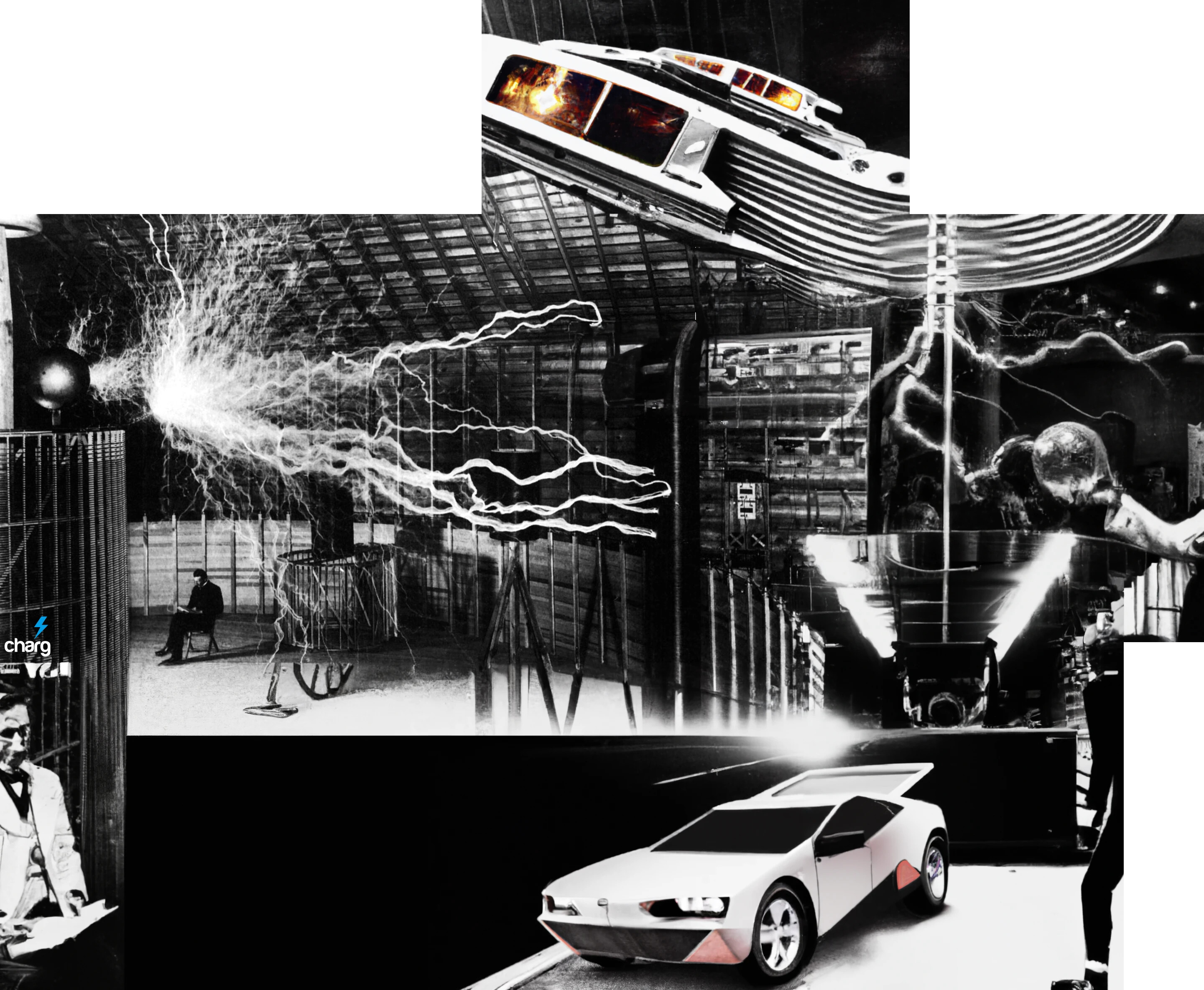The following is more-or-less pulled directly from a conversation I had the other day with a friend …
The solution to censorship is a tricky one, both to define and to implement. Going back to basics, a basic html website is a bit censorship resistant, so long as you still own your own IP address, or can still be looked up with a dynamic ip address and a means of what could be called a phonebook, in legacy terms. A URL points to your IP address, but can be shutdown by your registrar. Resulting, the censorship-resistant URL is sort of a name problem - if I am hosting upon an IP address, or even P2P protocol, my 111.222.333.444 or changing (dynamic IP address) domain isn’t going to be easy to remember without a phonebook.
‘Unstoppable domains’ are supposed to solve the naming scheme problem. This might be only the labeling fallacy, I honestly don’t know. Worth looking into though. Look up IPFS and also torrents (yes, Kazaa) for some ideas. The darkweb (onion tor) people have much of this figured out, but your average bear doesn’t yet have ready access to this.
This leaves the broadcasting problem and the problem of getting drowned in the noise. Currently, if you wish to broadcast outside of your own domain, you must be the highest bidder. If people know who you are and know how to find you, they will beat a path to your door. But growth will be slower without a catchy URL, $$, and/or a leg up from a pre-existing network.
Getting lost in the noise is the other problem I had mentioned which is as-yet unsolved. If you’ve got the sauce, you will be cloned and diluted. I do not have the answer to this, I think it’s a problem which still needs to be solved. If it were solved, I would be able to find that guy who solved it. Feel me?
And finally, the underlying problem of the internet itself is needing revision. Ad hoc ground-to-ground communications are the answer, where every node is a conduit as enabled by preceding crypto technology. Skype attempted a corporate (read: not really distributed) version of this. Essentially, you have to put your own data on somebody else’s node in an encrypted way. Well, many people’s nodes. But it is a bit of a cat and mouse problem between the hackers and the encryptors - new encryption protocols probably will always need to be implemented as hacking gets more powerful.
The solution to the cat and mouse problem is simple - let the USER decide their encryption scheme, let the USER decide if they want to change their encryption scheme.
A native cryptographically complete network, encrypted end-to-end, is web 4.0 . Web 4.0 will have no ISP middle man. Web 4.0 is - everyone has is their OWN ISP. Everyone is the ISP of OTHERS. The way the internet was supposed to be. Goodbye, AOL, you’ve got mail but there is no central provider gatekeeper. I am the ISP, you are the ISP, everyone is the ISP and we are all cryptographically connected visa-vi the cloud 2.0 cryptographically complete p2p internet.
I mentioned ground-to-ground because we need radiation-free means of overcoming the internet wire. Wifi may or may not be the answer long term, because the family jewels must be protected. Unless of course the wifi signal is rejuvenating, which IMHO means being in resonance with the earth’s natural frequency. Pumping the signal through the ground, it matters not how clean the EMF radiation is. But the point is, no wire or ISP to overcome.
And finally, a native-offline protocol is part and parcel to all of this. Relying upon your phone having battery to be able to make a transaction is stupid. Pushing (private key) as distinct from pulling (credit card) to transact your private financial information is not stupid. Offline-native transactions is part and parcel to web 4.0.
CHG is ALL of the UTILITIES in ALL the people’s hands - internet, power, clean water, heat, the public square, and yes also food.



